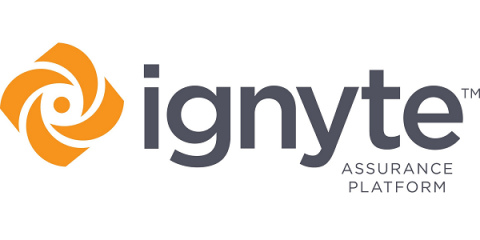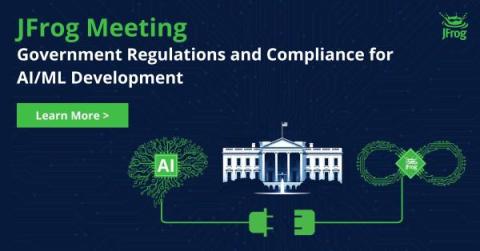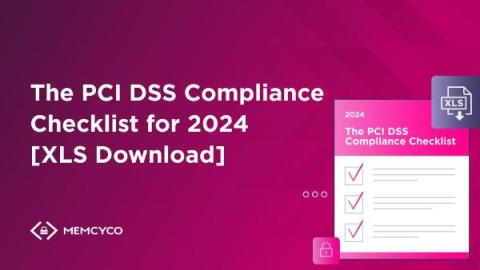Security | Threat Detection | Cyberattacks | DevSecOps | Compliance
Compliance
How to make your website GDPR compliant
GDPR, or the General Data Protection Regulation, is a data privacy law that many businesses around the world need to comply with. If you’re operating a business or managing a website, it’s important to know how the law applies to you and your website’s data collection processes. In this blog post, we’ll answer some fundamental questions about GDPR and provide guidance on how to get your website GDPR compliant.
NIS2: Prepping your cybersecurity plan
How to Achieve and Maintain AWS Compliance
TrustCloud Product Updates: 2023 Greatest Hits
As we bid farewell to 2023, let’s take a stroll down memory lane and groove through the top hits of TrustCloud’s product releases. We’re breaking down your favorite chart-toppers, from the smooth upgrades that became part of your daily rhythms to the fresh features that added a jazzy touch to your workflow. So, kick back, hit play, and scroll through the beats that made 2023 an unforgettable chapter for TrustCloud’s customers, team, and partners.
Vanta continues to lead the G2 Grid for Security Compliance
We’re excited to share that for the fifth quarter in a row, Vanta has been named the #1 Leader in G2’s Grid® Report for Security Compliance | Winter 2024. Recently crossing 800 reviews on G2, Vanta also continues to be recognized as a leader in Cloud Compliance, Cloud Security, Vendor Security and Privacy Assessment, and Vendor Management, achieving top placement in 18 categories.
[Guide] An In-Depth Look at Common Controls and the RMF
When it comes to implementing security controls throughout an organization, there are a lot of cases where the work may be doubled, tripled, quadrupled or more by having to “reinvent the wheel” multiple times. It’s a common problem, but fortunately, it also has a common solution: common controls. What does all of this mean? Let’s dig in.
Navigating AI's New Horizons: Empowering AI Model Development, Security and Compliance
The rapid rise of artificial intelligence, more specifically, generative AI systems such as OpenAI’s ChatGPT, has simultaneously spurred intense development and concern over the past year. On the 30th of October, President Joe Biden signed an Executive Order that urges new federal standards for AI development, safety, security, and trustworthiness that also address many other facets of AI risk.
How to choose an auditor for SOC 2
TrustCloud teamed up with Dan Andrea, a partner at KLR, to discuss: Read more of Dan’s suggestions below, or check out the conversation on YouTube.











